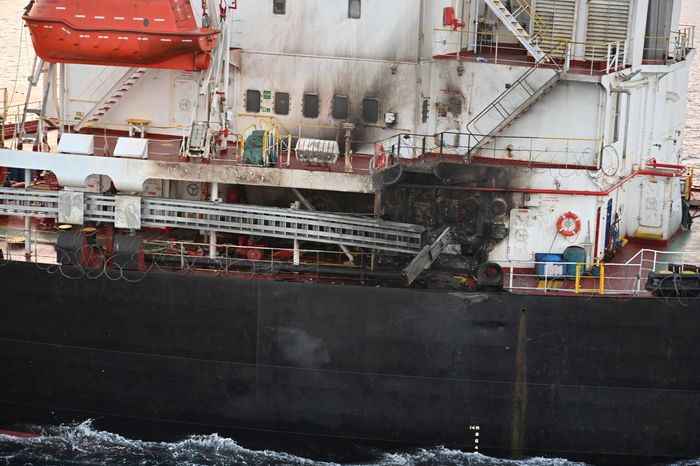
On Sunday, The Wall Street Journal reported that Sudan has rejected Iran’s bid to establish a long-term naval base on its Red Sea coast, revealing the intricate power dynamics within the conflict-ridden East African nation.
According to sources, Iran proposed providing Sudan with advanced weaponry, including a helicopter-carrying warship, in exchange for permission to construct the naval base. Ahmed Hassan Mohamed, a senior Sudanese intelligence official, clarified that the intended base would have allowed Iran to “gather intelligence” and “station warships” near the strategically vital Suez Canal and Israel.
Despite the tempting offer, Sudan opted to decline, citing concerns over potential strain on relations with the United States and Israel, countries with which Sudan has been actively working to improve ties.
While Sudan’s refusal is clear, it highlights the strategic significance of the country, particularly its Red Sea coastline, which has become a focal point for regional powers amid the ongoing civil war between the Sudanese army and the Rapid Support Forces (RSF).
The conflict has created a power vacuum, attracting the attention of various nations seeking influence in the region. Sudan’s military, in its battle against the RSF, has utilized explosive drones supplied by Iran, exacerbating human rights abuses and contributing to a humanitarian crisis.
Simultaneously, the United Arab Emirates (UAE) faces accusations from the Sudanese government of supplying weapons to the RSF, though UAE officials vehemently deny these claims. Egypt is also reported to have trained Sudanese troops and provided drones.
The rejection of Iran’s naval base proposal, coupled with the involvement of other regional actors, further underscores Sudan’s complex and volatile situation. Sudanese government officials criticize Washington for allegedly overlooking UAE support to the RSF, emphasizing that the Biden administration should address this matter before commenting on their limited military cooperation with Iran.
Importantly, concerns about Iranian arms shipments to the Sudanese army had been previously raised by the former US Ambassador to Sudan, John Godfrey, in February of the preceding year.
